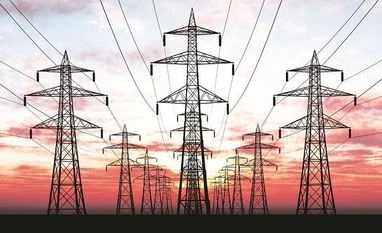All India Power Engineers Federation (AIPEF) strongly opposed the central government's proposal amid the Covid-19 crisis.
He said that if the proposal was not withdrawn, an estimated 1.5 million power employees across the country, under the aegis of AIPEF, “will have no option except to resort to agitation.”
Dubey claimed the central government was looking at abolishing the subsidy and cross subsidy in the supply of electricity, which would make the commodity more expensive for the general consumer categories going forward.
“The central government is grossly misleading by saying that the electricity will be cheaper,” he said, adding that with abolition of cross subsidy under the proposal, electricity would cost less for industrial and commercial consumers.
On Saturday, Sitharaman announced that discoms in Union Territories (UTs) would be privatised. This model is expected to be replicated in the states as well for improving efficiency and attracting investment in the power sector.
Unveiling the 4th tranche of the Rs 20 trillion stimulus package to revive the covid-battered domestic economy, she observed that the performance of power distribution and supply verticals in the country was sub-optimal.
Meanwhile, Dubey said the average cost of electricity is Rs 6.73 per unit, and under the Companies Act, the private discoms – post privatisation – would be liable to take a minimum 16 per cent profit, which would push the power tariff to almost Rs 8 per unit.
“Since, the Centre has decided to do away with subsidy and wants the consumers to incur the actual cost of electricity, the common domestic consumers and even farmers will have to pay a minimum of Rs 8 per unit for the power,” he warned.
Elaborating the new tariff policy, Dubey said now farmers consuming 9,000 million units (MU) per year would have to pay Rs 6,000 per month, while the domestic consumers might be asked to pay Rs 6,000 to Rs 8,000 per month.
He alleged the subsidy was being removed to help private discoms, to prvent them from incurring losses. “Similarly, prepaid metres will be installed to facilitate the private franchisees,” he said.
To read the full story, Subscribe Now at just Rs 249 a month
Already a subscriber? Log in
Subscribe To BS Premium
₹249
Renews automatically
₹1699₹1999
Opt for auto renewal and save Rs. 300 Renews automatically
₹1999
What you get on BS Premium?
-
Unlock 30+ premium stories daily hand-picked by our editors, across devices on browser and app.
-
Pick your 5 favourite companies, get a daily email with all news updates on them.
Full access to our intuitive epaper - clip, save, share articles from any device; newspaper archives from 2006.
Preferential invites to Business Standard events.
Curated newsletters on markets, personal finance, policy & politics, start-ups, technology, and more.
Need More Information - write to us at assist@bsmail.in
)